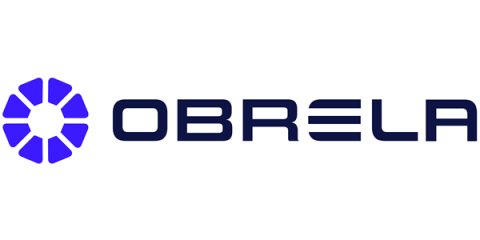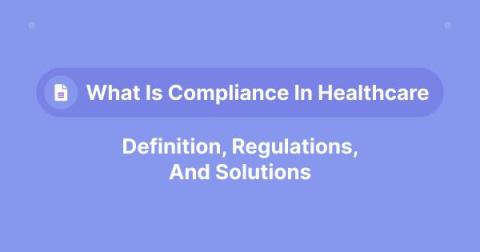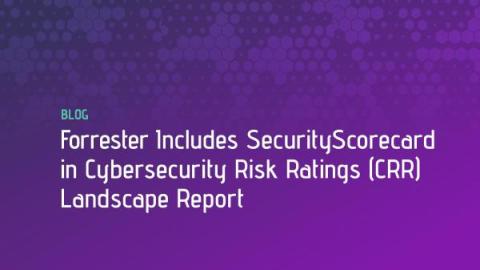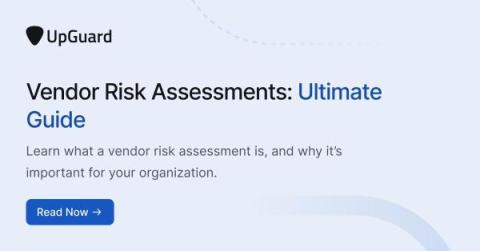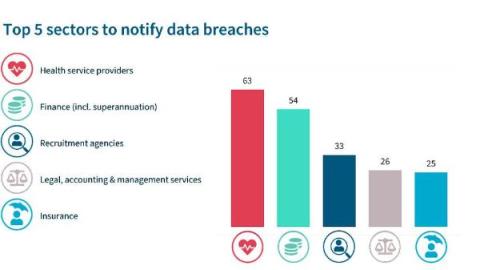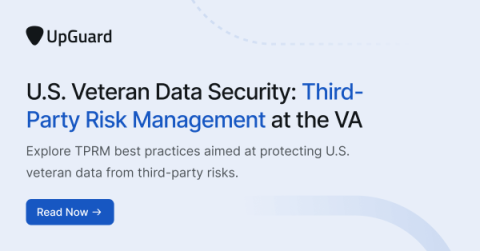Navigating Security Risks and Innovations in the Hospitality Industry
As technology has become available, the hospitality industry has focused on making the most out of innovations such as contactless services and eco-friendly practices. The era of mobile and contactless services has ushered in a new normal for hospitality organizations, offering guests seamless experiences with a simple tap of their smartphones.




